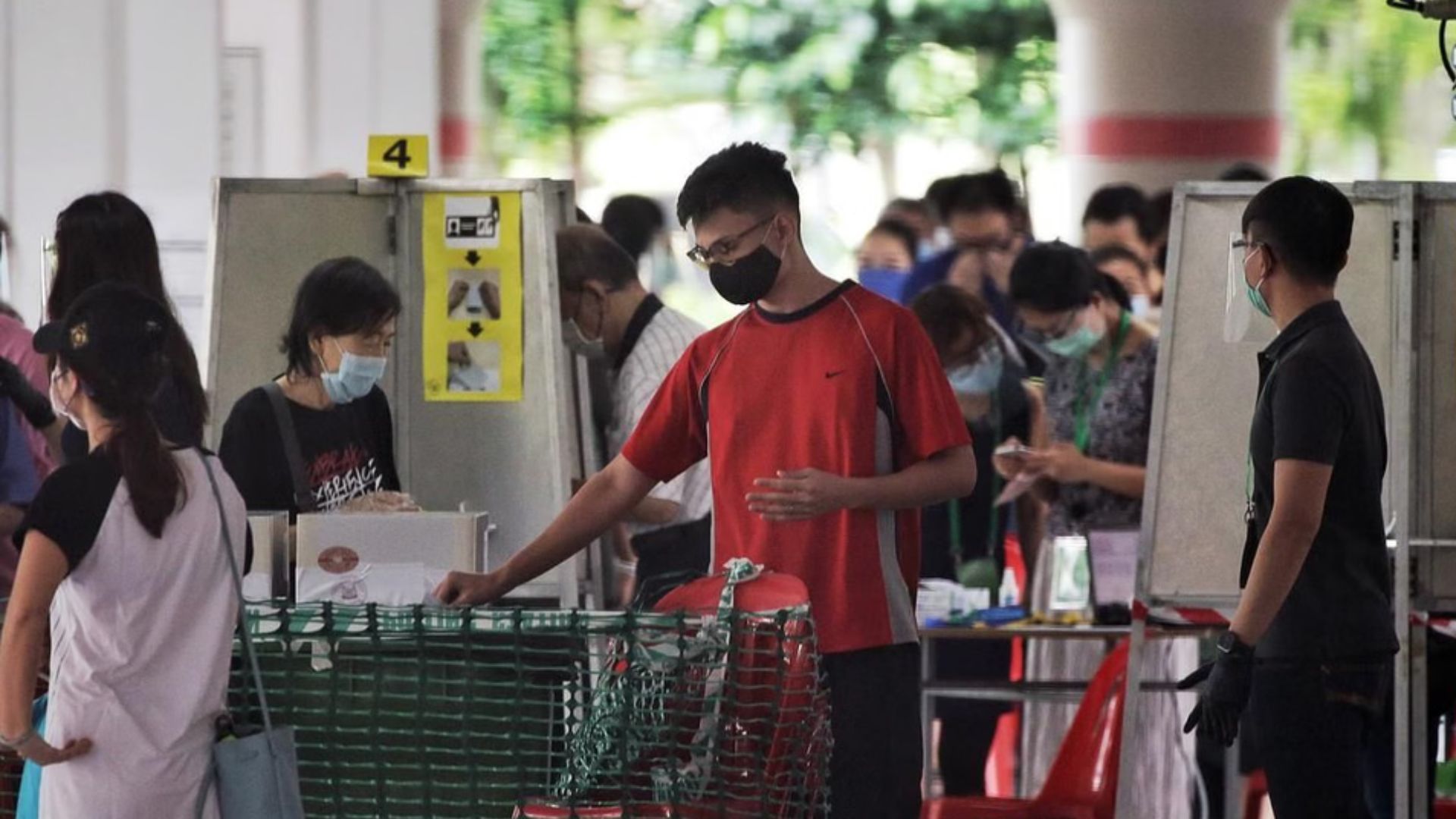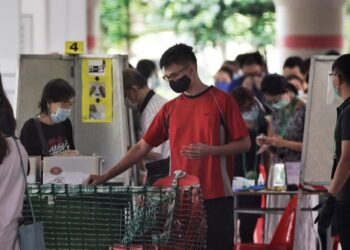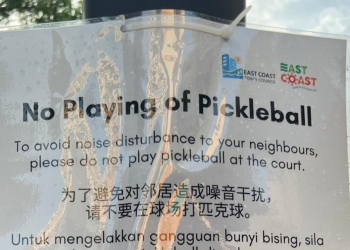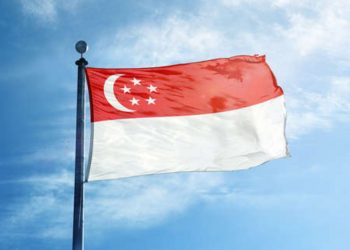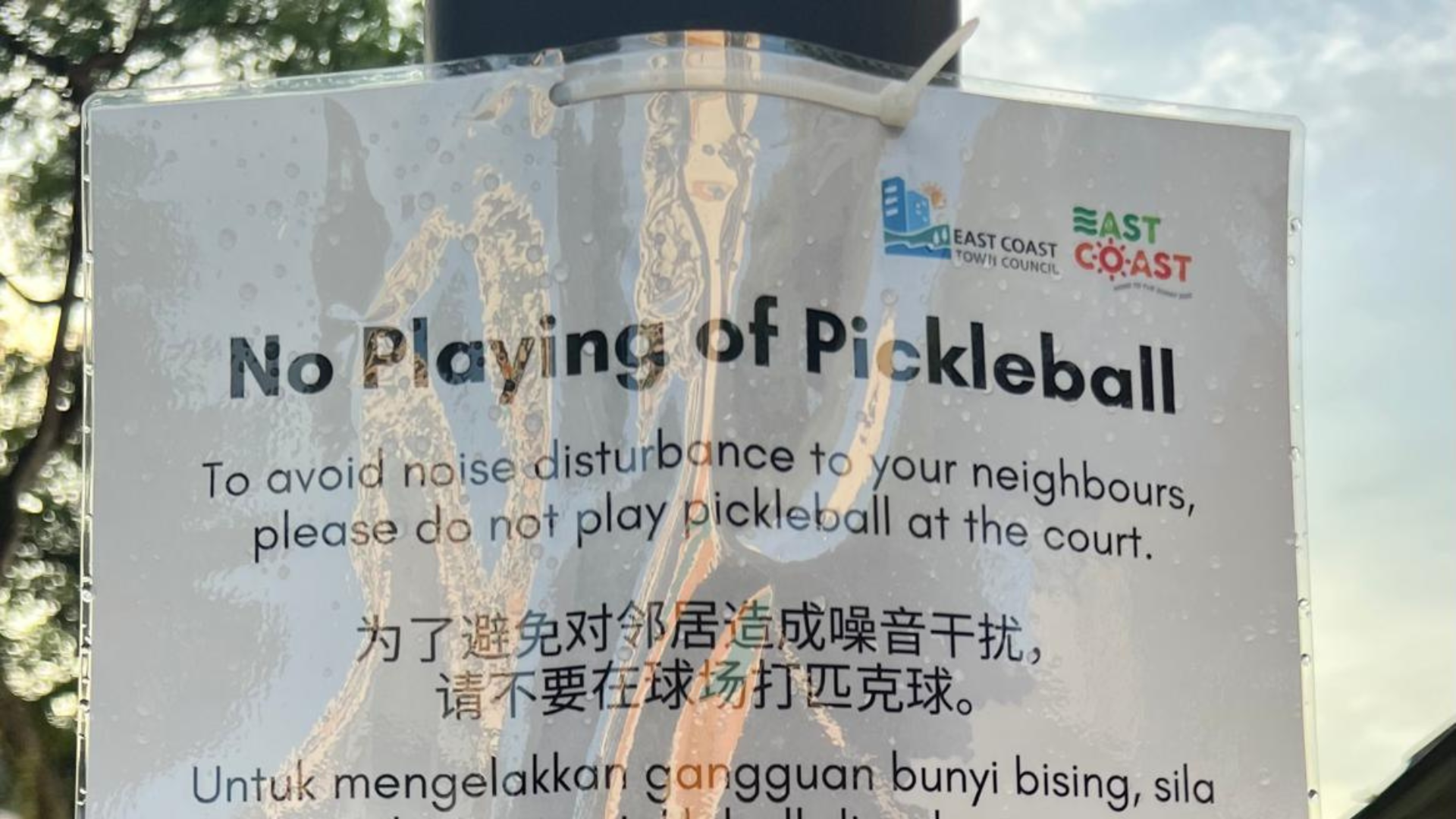As Singapore approaches its next general election on 3 May 2025, a significant demographic shift is becoming increasingly evident. The number of citizens aged 21 to 29 and 30 to 39 on the Register of Electors has been steadily rising over the past three elections. In 2020 alone, there were over 429,000 citizens aged 21 to 29 and nearly 444,000 aged 30 to 39 eligible to vote, forming a substantial bloc of over 873,000 younger voters.
This burgeoning presence of youth at the ballot box signifies more than just numbers; it marks a generational transition in political influence. These individuals are coming of age during a period of unprecedented change, a global pandemic, climate anxiety, rapid digitalisation, and heightened conversations around mental health and social justice.
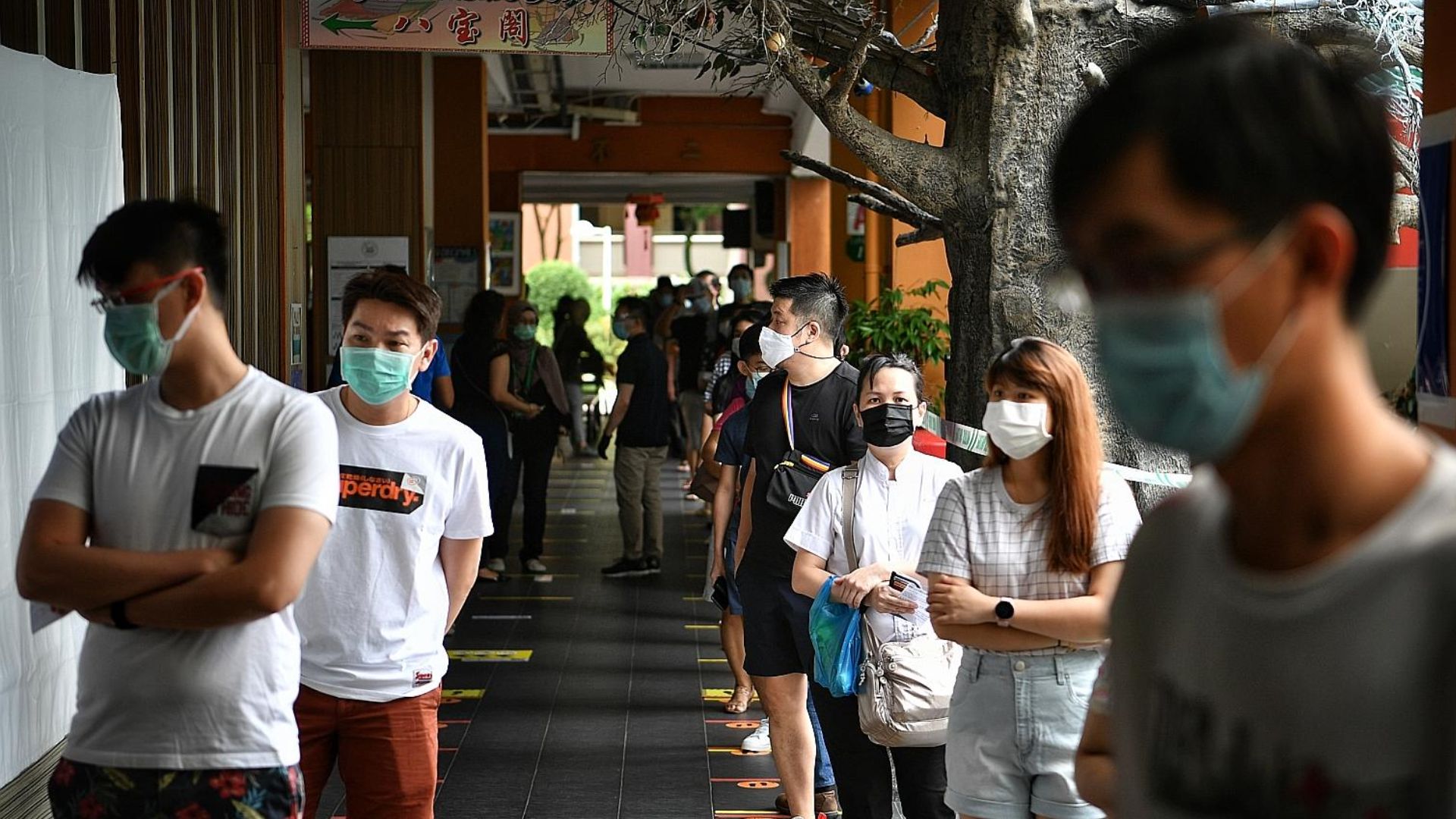
A Generation Redefining Engagement
Globally, young people are navigating an increasingly fragmented political landscape. While many still value democracy, there’s growing scepticism about its effectiveness. A 2023 study by the Open Society Foundations found that only 57% of individuals aged 18–35 believe democracy is preferable to other forms of government. Even more striking, 35% of this age group expressed support for a strong leader who would abolish elections and legislatures.
This reflects a broader generational tension, not a rejection of democracy, but a demand for systems that deliver on their promises.
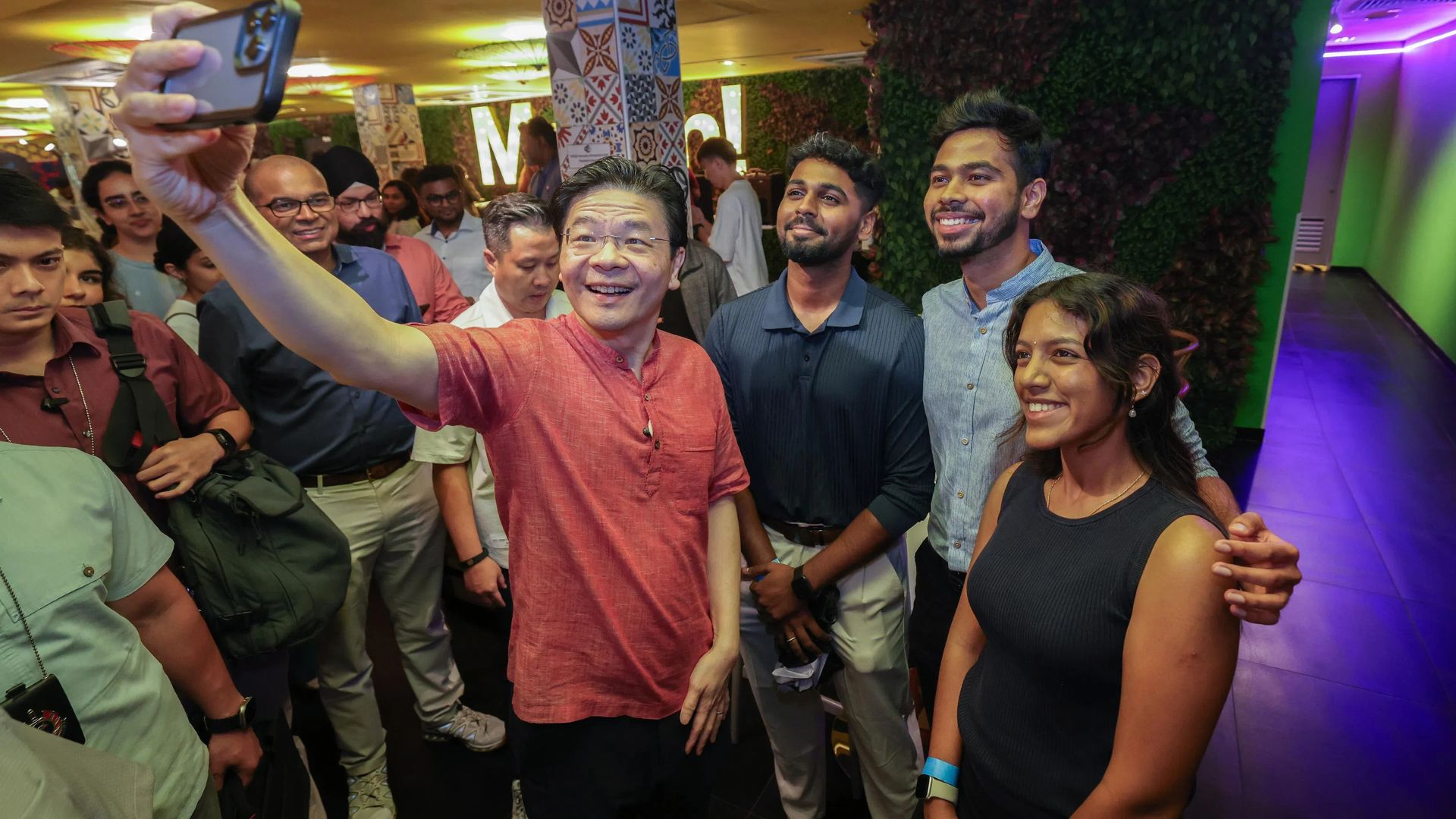
From Polling Booths to Digital Platforms
In Singapore, youth political participation often plays out differently. Instead of attending party rallies or participating in formal debates, many engage through community work and digital spaces.
According to the National Youth Council, 84% of young people aged 15 to 34 reported participating in at least one civic or community activity, ranging from volunteering to online advocacy. Nearly 40% engaged with issue-related content online, and 29% made purchasing decisions based on ethical or social values.
“84% of Singaporean youths engaged in civic activities, reflecting a shift towards digital and community-based participation.”
Social Media: New Frontiers of Political Engagement
Social media has become the modern agora for youth politics. Platforms like TikTok, Instagram, Reddit, and YouTube are not only sources of entertainment but also primary sources of political news and discourse.
A 2023 Reuters Institute report noted that the share of U.S. TikTok users who get news from the app rose from 22% to 43% in just one year. Globally, TikTok now reaches 44% of 18–to 24-year-olds, making it a key source of civic information for this demographic.
In Singapore, where public demonstrations are generally limited, these platforms serve as crucial forums for young people to express their political opinions. This shift is echoed in global patterns where digital-first engagement is replacing traditional forms of participation. For instance, the Open Society Barometer 2023 found that younger generations are significantly more likely than older age groups to support alternative leadership structures and feel disillusioned with conventional democratic processes.
Online, Singapore’s youth translate civic issues into creative formats, such as memes, explainers, and digital storytelling, expanding both reach and relevance.
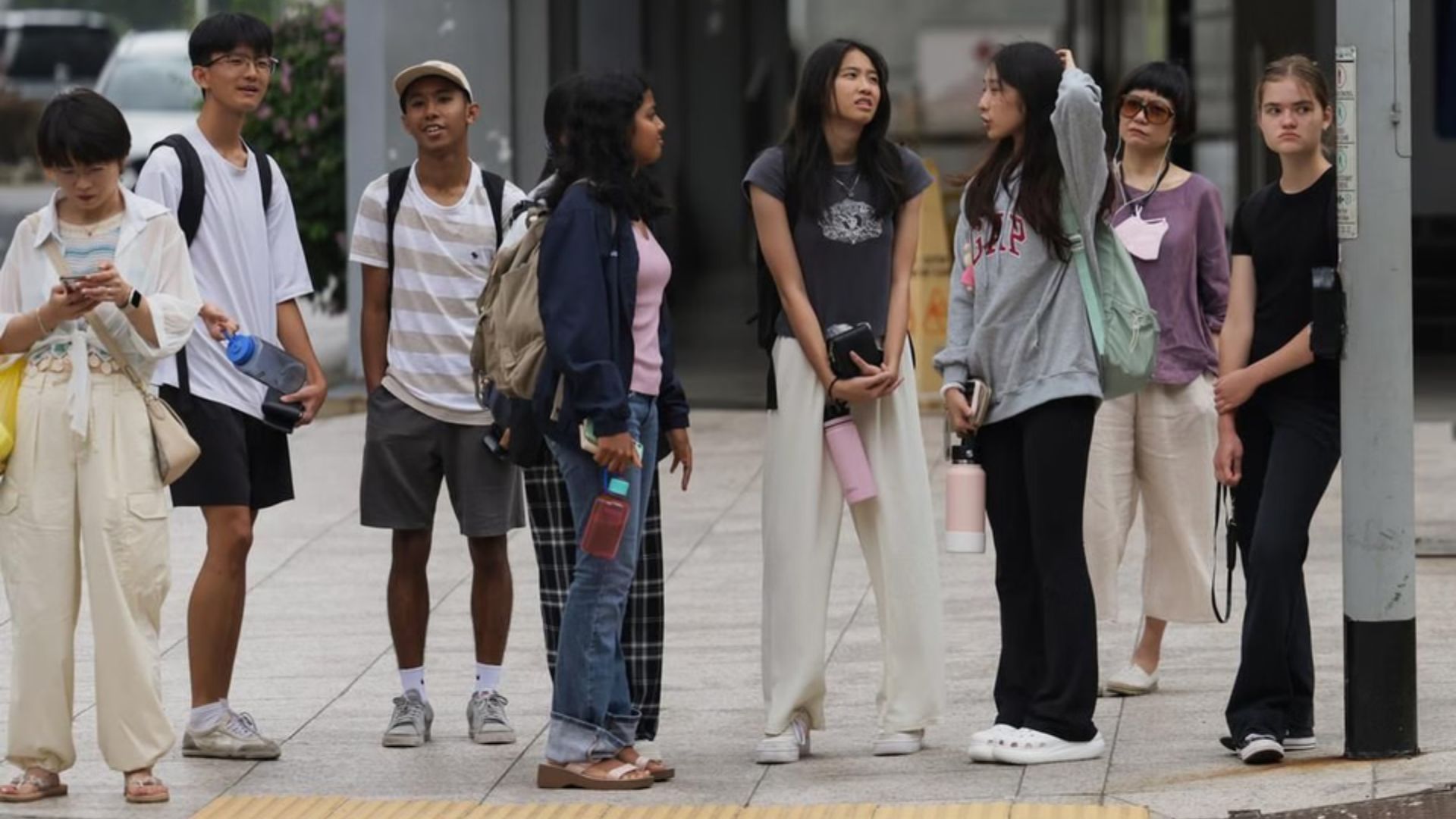
Climate, Mental Health, and Intergenerational Justice
When asked what matters most, young people consistently cite long-term, structural challenges, including climate change, mental health issues, and fairness across generations.
In 2019, more than 1,700 people—mostly youth—gathered at Hong Lim Park for Singapore’s first Climate Rally.
Meanwhile, mental health concerns have become increasingly urgent. A 2023 national study by the Institute of Mental Health found that 1 in 3 Singaporean youth reported severe or extremely severe symptoms of depression, anxiety, or stress.
These issues are often framed not as personal, but political, calling for greater government attention, public education, and systemic reform.
Rethinking Leadership
Young people are not just asking for better policies—they’re asking for different kinds of leaders. Traits such as empathy, humility, and the ability to adapt to changing norms and expectations are more important than credentials or charisma.
According to the TODAY Youth Survey, 54% of respondents felt the government is receptive to differing views, and 58% believed youth perspectives are taken into account in policymaking.
This reflects cautious optimism—a desire for leadership that is not only strategic, but also sensitive to diverse lived experiences.
Closing Reflections
As Singapore prepares for GE2025, one thing is clear: the next generation is not disengaged. They are simply participating on their terms—digitally, creatively, and critically.
They are not looking for perfect politicians. They are looking for present ones. Those who listen. Those who reflect. And those who respond.
“Young people want to be spoken with, not spoken for. And they are ready to lead—in their own way.”
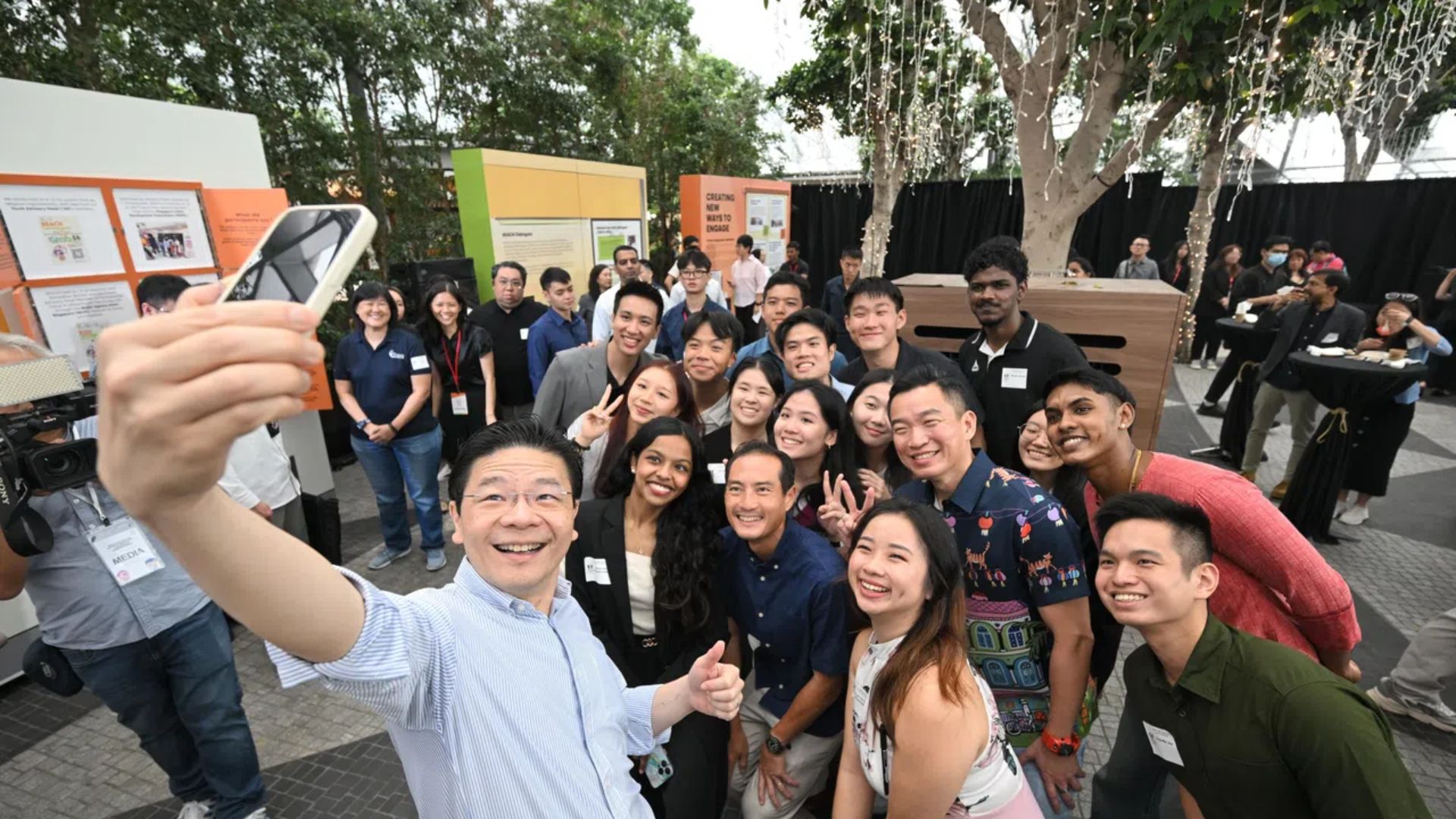
RELATED: Will the Lion City Roar for Change?
Join the conversations on TheHomeGround Asia’s Facebook and Instagram, and get the latest updates via Telegram.
